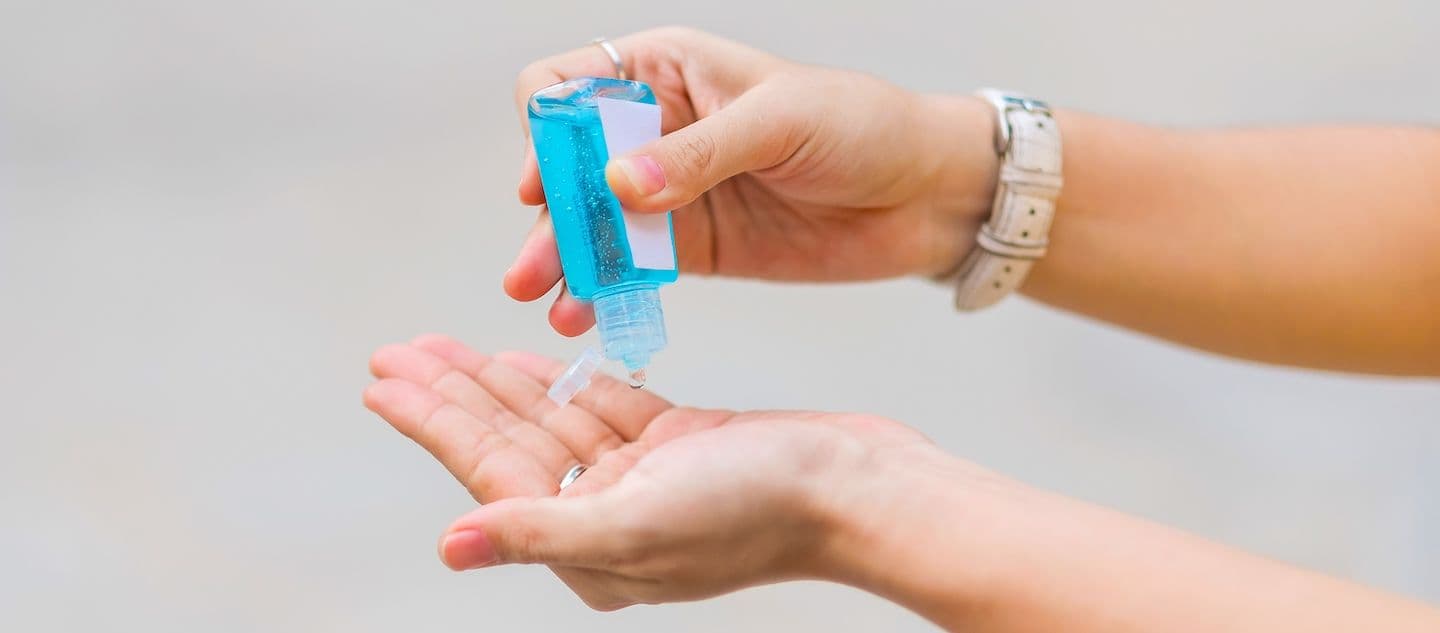Coronavirus: Separating Fact from Fiction
Infections
Obie Editorial Team

It’s difficult to keep up with the ever-changing news cycle on the Coronavirus outbreak. Every hour, information changes, and everyone seems to have an opinion on what is the best course of action to take to protect yourself, your family, and your community. We can’t say this enough: make sure you are getting your information from the right sources. There are countless “experts” offering their opinions, which are simply not rooted in medical fact and there are also countless people offering completely inaccurate information on social media. Stay away from that; for accurate medical information, go to the World Health Organization (WHO) or the Centers for Disease Control (CDC) for up-to-date news.
Here are some of the top questions concerning the Coronavirus:
How long does the Coronavirus survive on surfaces?
The COVID-19 virus can survive on surfaces for many hours. There is no clear-cut answer for how long the coronavirus can survive on surfaces such as plastic, porcelain, granite, steel, or copper.
A list of products suitable for use against COVID-19 is available here. This list has been pre-approved by the U.S. Environmental Protection Agency (EPA) for use during the COVID-19 outbreak.
Can you transmit the virus before you have symptoms?
Yes, you can. The virus can be transmitted even before symptoms appear, although the virus is most contagious when symptoms are present.
Stay informed with our up-to-date information on Coronavirus!
If you get it once, can you get it again?
Yes, you can get reinfected with COVID-19 after you have become infected. That is why after an infection you cannot be considered 100% immune.
What exactly constitutes a fever?
The usual average temperature is 98.6 F (37.0 C). A significant fever is considered a temperature above 100.4 F (38.0 C).
Can you get Coronavirus from food? What about restaurants and food delivery?
Coronavirus is not thought to be transmittable by food. However, being in crowded restaurants may increase your chances of coming into contact with the virus from other people. The best bet is to order food to be delivered to your home and keep washing your hands always before you eat or touch your face.
- What is COVID-19 (2019-Novel Coronavirus)?
- How is Coronavirus Transmitted?
- Coronavirus 2019-nCoV COVID-19 and Pregnancy
- Thriving During Pregnancy Amid the Coronavirus Outbreak
- Are Pregnant Women at Higher Risk of Contracting Coronavirus?
- During COVID-19 Crisis: Is Home Birth Better Than Hospital Birth?
- Real Body Talk: Stop Objecting to Staying Home During COVID-19 Quarantine
Read More














